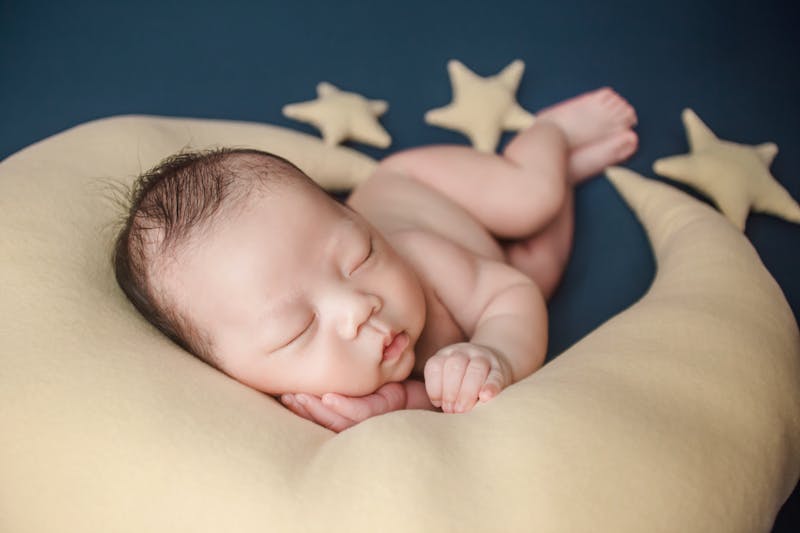Origin
Hawaiian, Japanese, Scandinavian
Consider the power of simplicity. Kai delivers maximum impact with minimal syllables, creating a name that feels both ancient and contemporary. This choice reflects modern naming aesthetics that favor brevity and multicultural appeal. Kai transcends traditional gender boundaries, though it works beautifully for girls who carry it with confidence and grace. The name's brevity makes it incredibly versatile, pairing effortlessly with longer middle names and surnames of any length. Kai has been embraced globally, recognized and pronounceable across numerous languages and cultures. This universality ensures your daughter will never struggle with introductions, regardless of where life takes her. The name suggests someone grounded yet adventurous, connected to nature yet thoroughly modern. Kai ages remarkably well, suiting every stage of life with equal appropriateness. Its simplicity allows your daughter's personality and achievements to take center stage rather than being overshadowed by an elaborate name.

